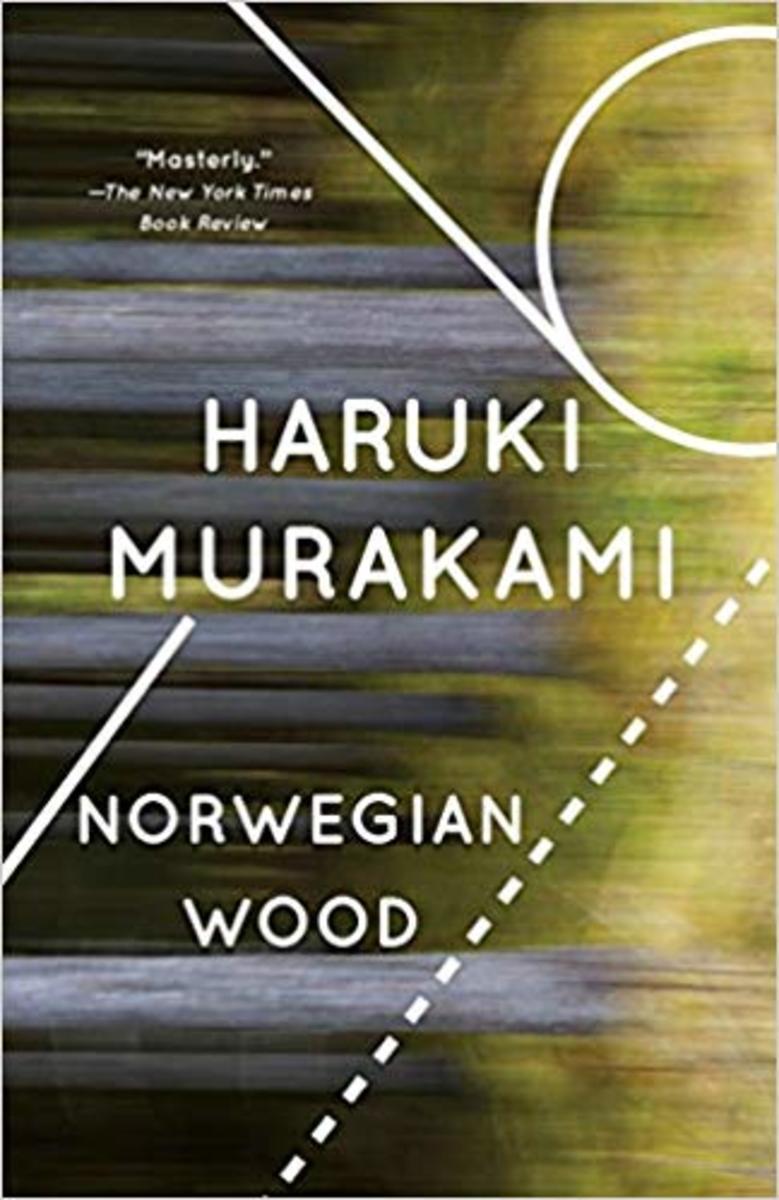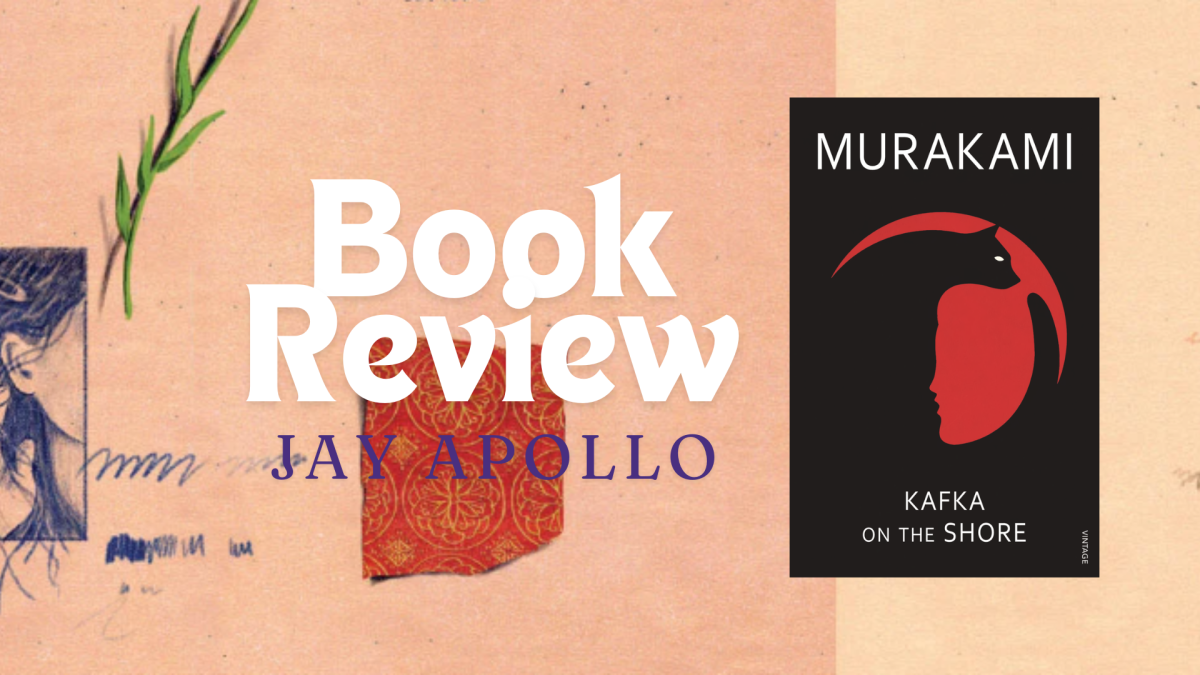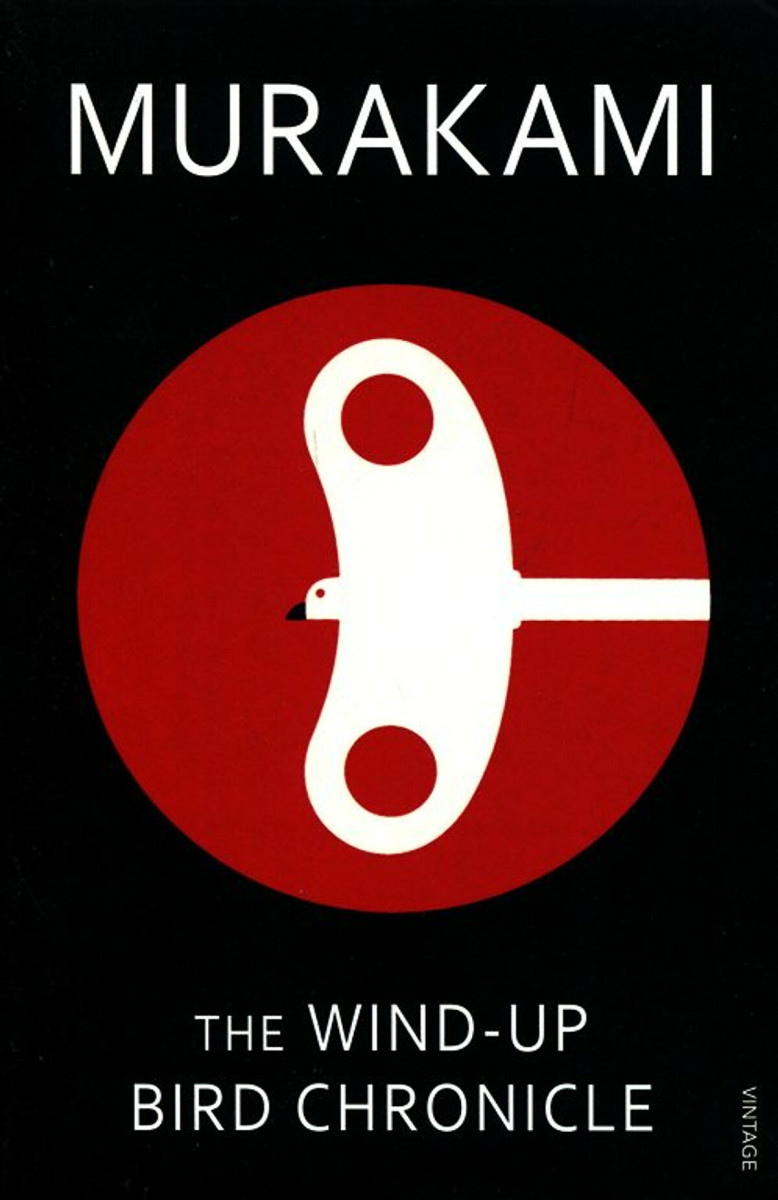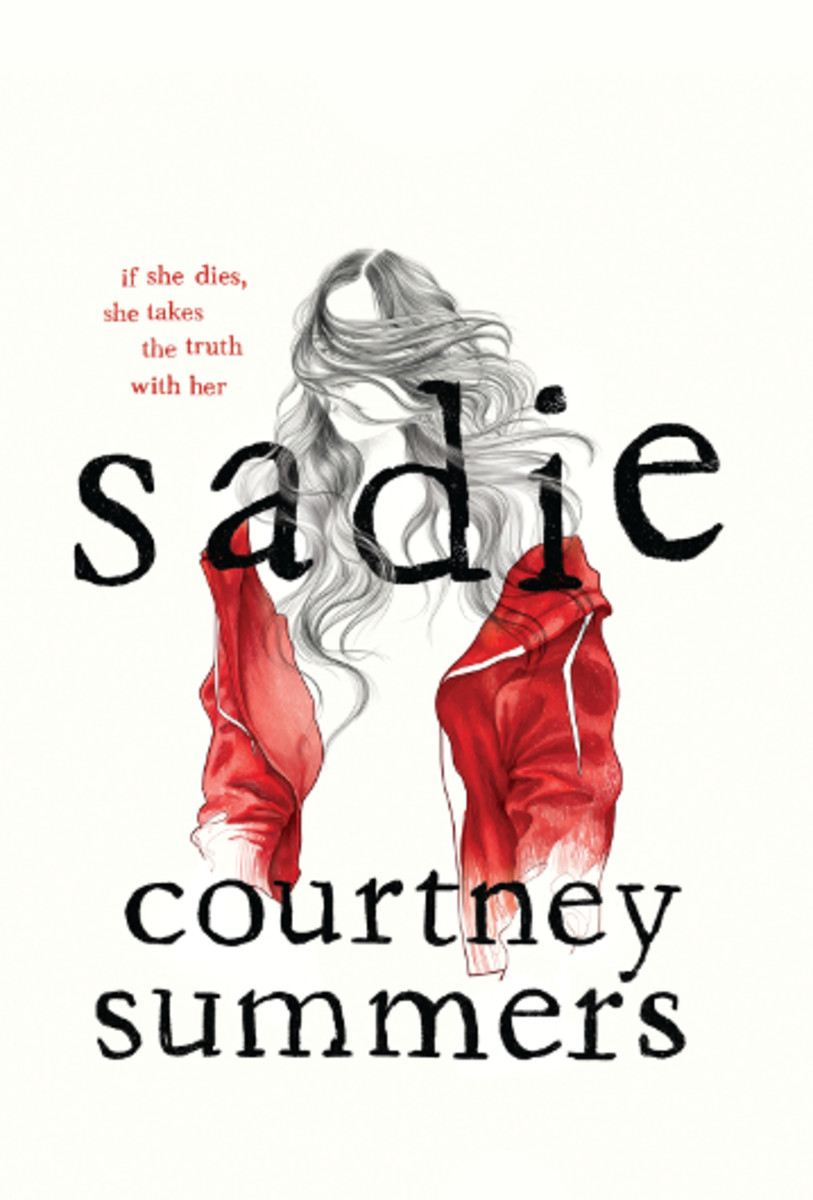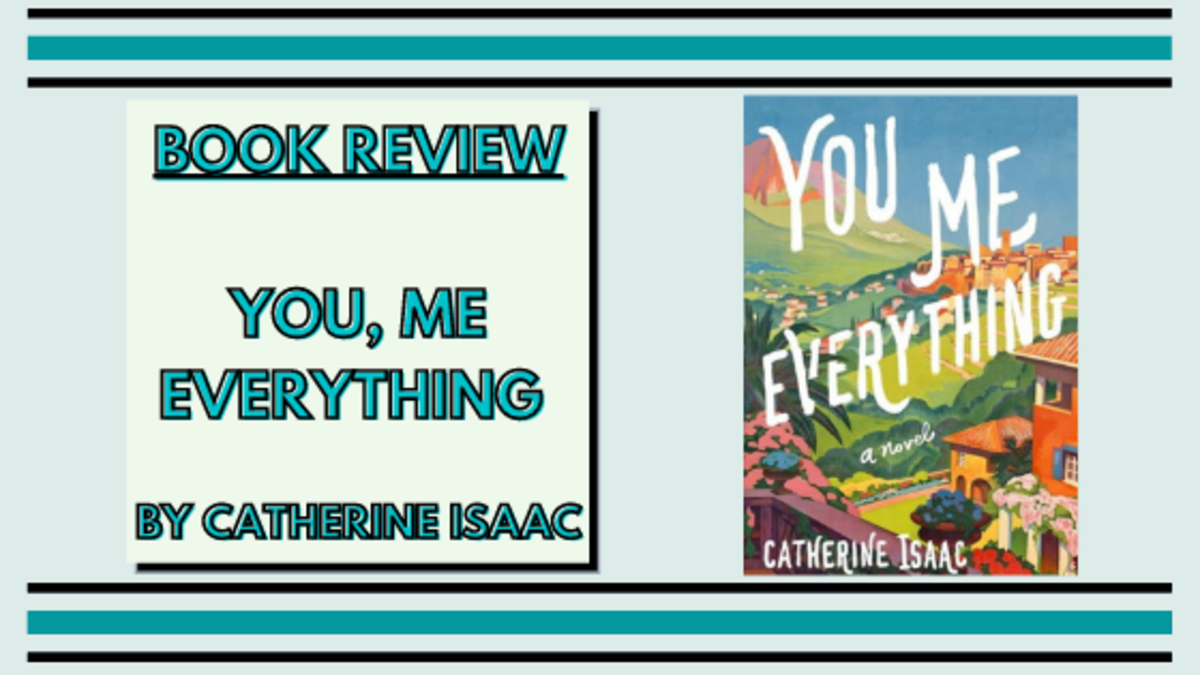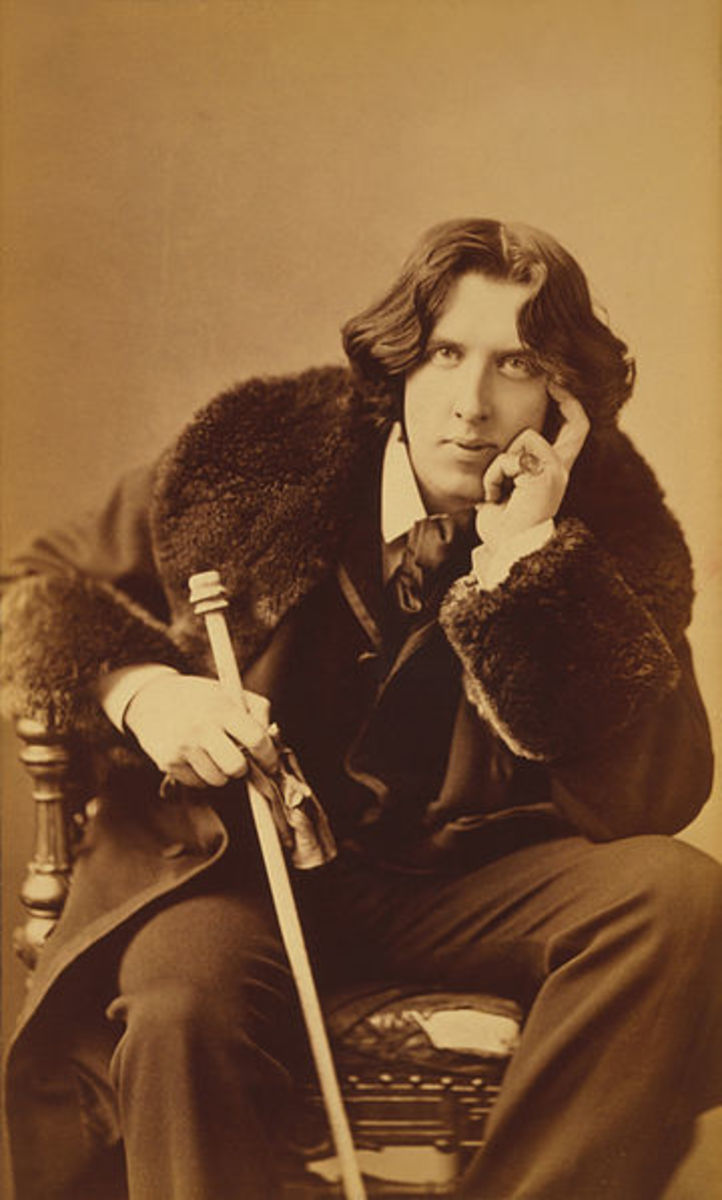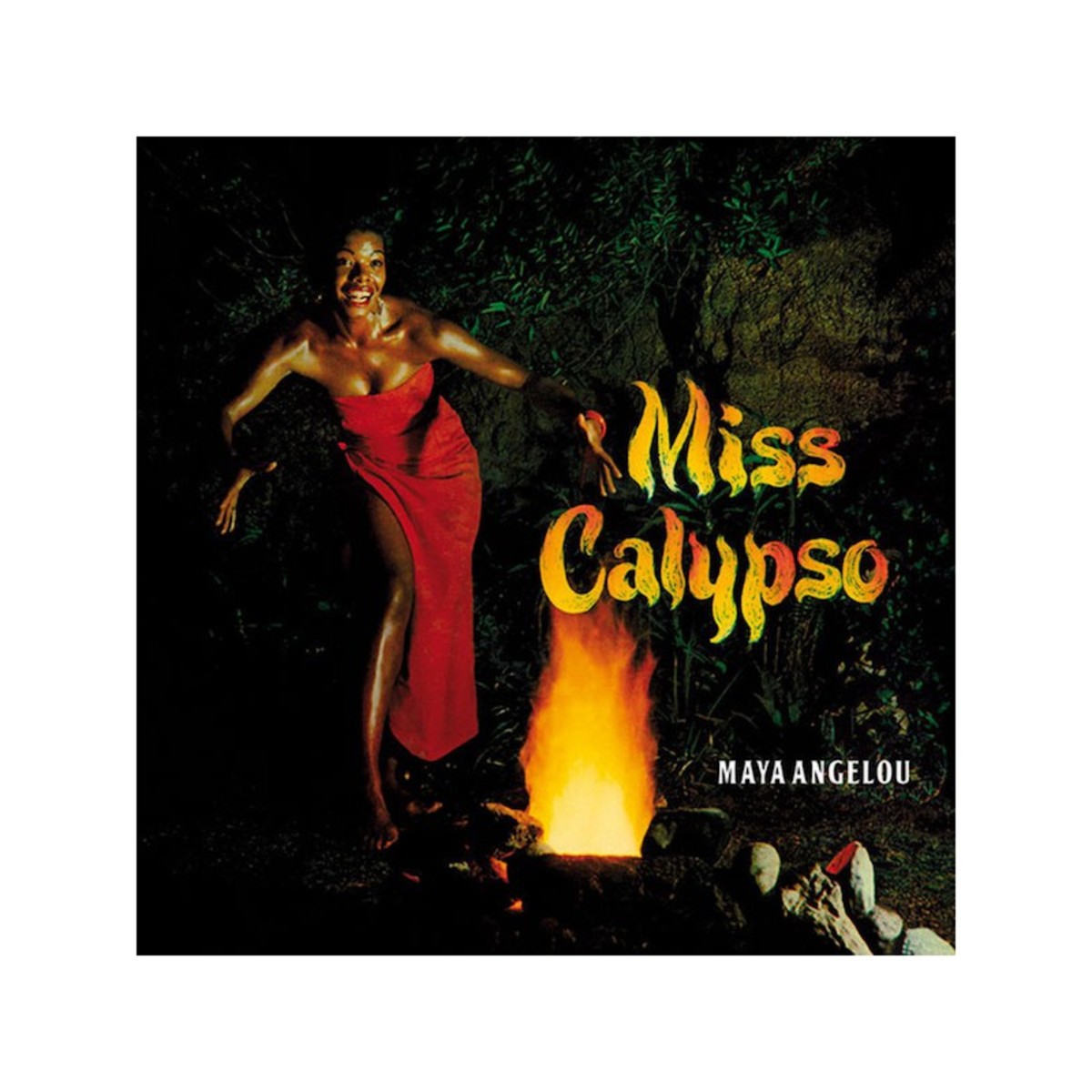IQ84 by Haruki Murakami: A Book Review
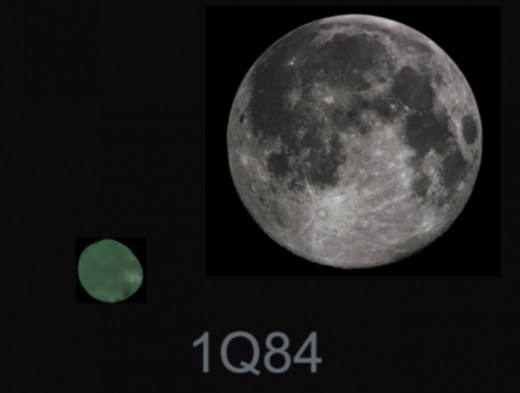
Highlights of the Book
After reading the three books of IQ84 by Haruki Murakami, I felt it necessary to write some reflections about this interesting novel. My overall take-away from this prolonged fantasy, love-story, mystery novel is that it has a compelling story line and believable characters, if not a believable plot. The book alternately strings the reader along two paths of the two main characters of the novel, Aomame and Tengo. In the final parts of the book, another complex, threatening character known as Ushikawa also makes his appearance.
Highlights. Aomame and Tengo knew each other and experienced a brief moment of intense connection when they were 10 years old. This powerful connection remained in both of their minds during an ensuing 20 year separation. In the meantime, they went to different schools and ended up in different occupations - Tengo as a part-time math teacher and writer, and Aomame as a fitness instructor and part time hit man.
Tengo's writing career never really got off the ground, but his editor saw promise in his abilities and conspired with him to re-write a novel submitted by a 17-year old girl. This novel and its hubris become the connection that will ultimately reunite Aomame and Tengo. But what happens in between, after they both fall down the rabbit hole and arrive in this alternate reality, is what makes the novel gripping enough to sustain the reader's interest. You will find an odd mix of characters and events in this book:
- An unscrupulous, willful book editor
- Three tough guys
- A married woman girlfriend for Tengo
- Aomame who has small, unevenly sized breasts and has a special talent for killing
- Mysterious little people who come from all things, the mouths of dead goats and people and say only Ho Ho. (don't think Santa Claus)
- A religious organization that has Orwellian overtones (think 1984), and follows a Leader who hears voices related somehow to the little people's presence
- References to music by Janacek and old jazz artists like Barney Bigard. The sinfonietta of Janacek is a common thread throughout the book and I have included an excerpt of that below in a video.
- An elderly matron who hires Aomame to eliminate men who abuse women and has a women's shelter
- An odd, extremely ugly former lawyer who is hired by the religious organization to find Aomame
- A 17-year old author (with nice breasts) who actually can't write, but was the source of the mysterious book, Air Chrysalis
- A misshapen, smaller green moon that is visible only by those who have been snared by this alternate reality
- Mazas and dhotas, which are aspects of this alternate reality and are borne from the air chrysalis
Please rate 1Q84:
An Interesting Trailer for the Book
Quotes from IQ84
"She slept deeply, and the dreams she did have came from a very deep place. Like fish that live at the bottom of the ocean, most of her dreams weren't alble to float to the surface. Even if they did, the difference in water pressure would force a change in their appearance." - Aomame
"Ushikawa's appearance made him stand out. He did not have the sorts of looks suited for stakeouts or tailing people. As much as he might try to lose himself in a crowd, he was as inconspicuous as a centiped in a cup of yogurt."
"Ushikawa's father was a moderately successful doctor of internal medicine in the countryside, but he was so utterly boring that talking with him gave you chest pains."
"He let his thoughts run free, as if he were releasing docs on a broad plain. He would tell them to go wherever they liked, and then he would just let them go." - Ushikawa
Music in IQ84, Janacek Sinfonietta, Movements 1 and 2
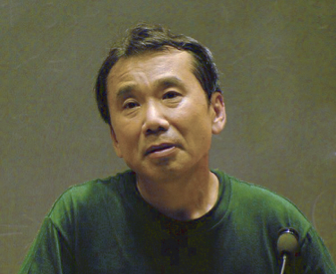
Haruki Murakami
Murakami is a Japanese author born in 1949 and he has published many works of fiction and non-fiction. He has published at least twelve novels and many short stories. He often has references to classical music in his writing and he counts the off-beat writers Richard Brautigan and Kurt Vonnegut as influences in this writing. Perhaps that explains the recurrent themes of loneliness and separation in his work.
Final Thoughts
The novel does involve the reader with all of its various ornamentations mentioned above. However, I did find that the thinking process of Ushikama a tad tedious and overdone and I believe that several sections could have been cut out of the book to make it more interesting and a tight story. Although there are a few memorable quotes, the book overall does not contain much quotable material. But it is a good way to kill time reading if you have the time to spare. Comment below if you have any thoughts on this book!

